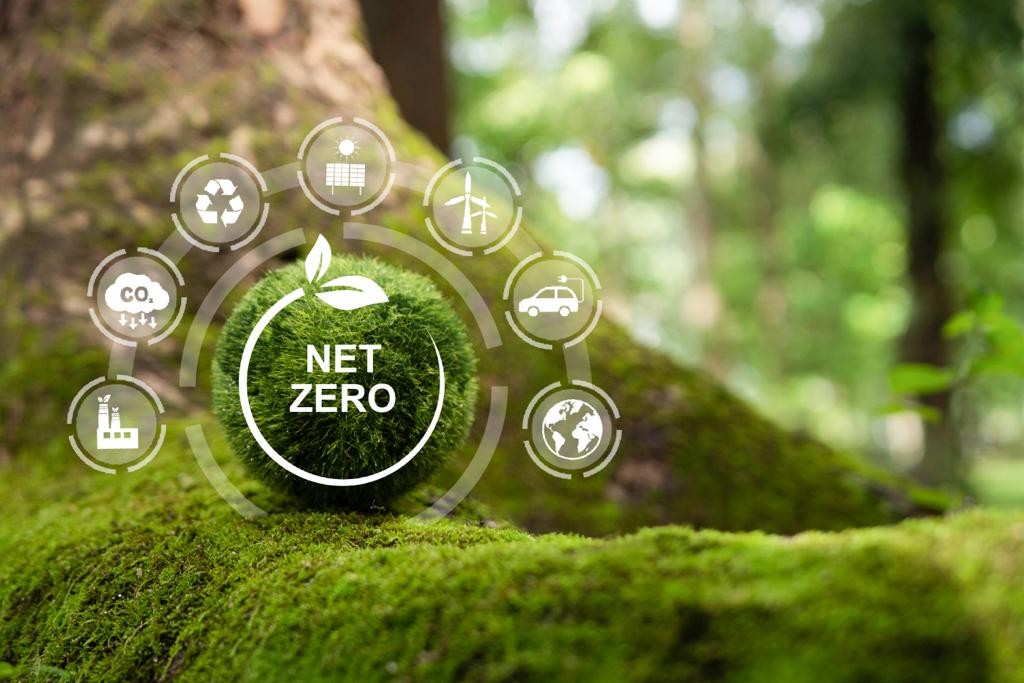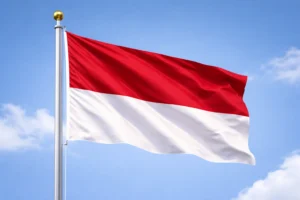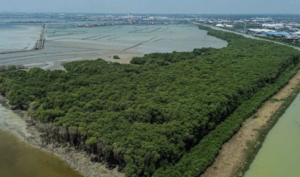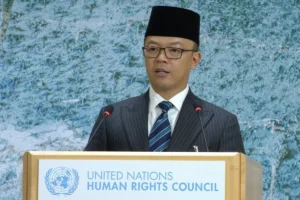Indonesia Unveils Three-Pronged Strategy for Zero Emissions

Jakarta, The Gulf Observer: Indonesian Coordinating Minister for Economic Affairs Airlangga Hartarto has called for the development of an integrated clean energy system, a shift to clean energy-powered transportation, and a focus on energy efficiency as essential steps toward achieving net-zero emissions. Speaking at the 2nd Ministerial Meeting of the Asia Zero Emission Community (AZEC) in Jakarta on Wednesday, Hartarto emphasized the viability of such a system through enhanced regional electricity connectivity.
“Strengthening power connectivity across the region will not only make the clean energy system more resilient but also more adaptable,” Hartarto asserted. He noted that Indonesia plans to leverage its rich renewable resources to produce alternative energy forms such as hydrogen and ammonia.
The minister also underscored the critical need for a transformation in the transportation sector, advocating for the adoption of eco-friendly fuels. He stressed that government commitment is crucial in this transformation, especially in the development of necessary infrastructure across both rural and urban settings.
“Promoting energy efficiency across various sectors is the third key initiative,” Hartarto added, particularly emphasizing the industrial sector. This initiative includes establishing emission standards, offering incentives, and advancing technology that is pivotal for energy efficiency.
Hartarto highlighted that these initiatives align with Indonesia’s broader strategy to balance decarbonization with economic growth and energy resilience. He encouraged AZEC member countries to collaborate and share innovations, thereby collectively advancing toward their decarbonization goals.
The AZEC initiative, which was launched by Indonesian President Joko Widodo and Japanese Prime Minister Fumio Kishida during the G20 Summit in Bali in November 2022, includes Indonesia, Thailand, Malaysia, Singapore, Vietnam, the Philippines, Cambodia, Laos, Brunei Darussalam, and Australia.


